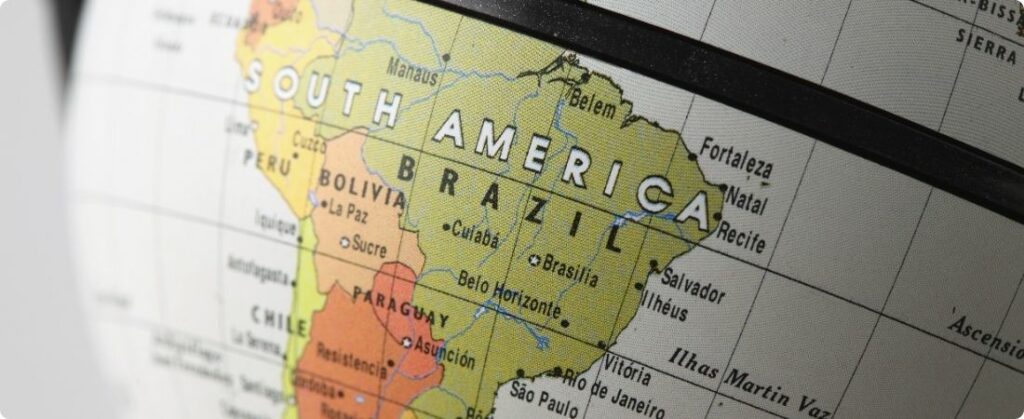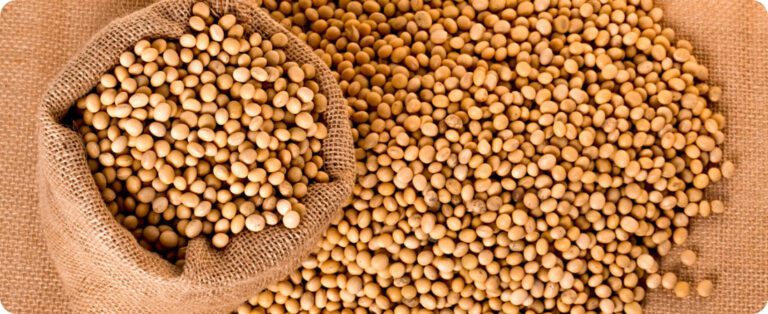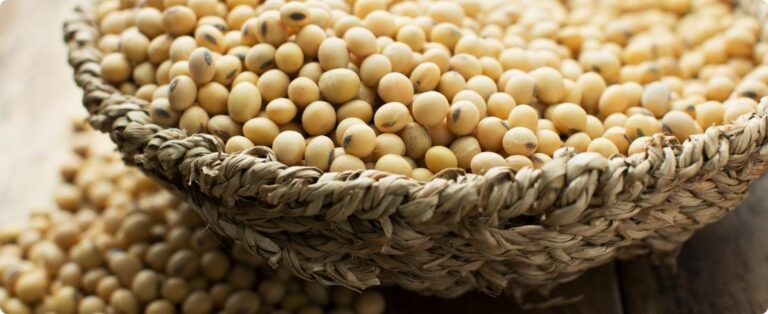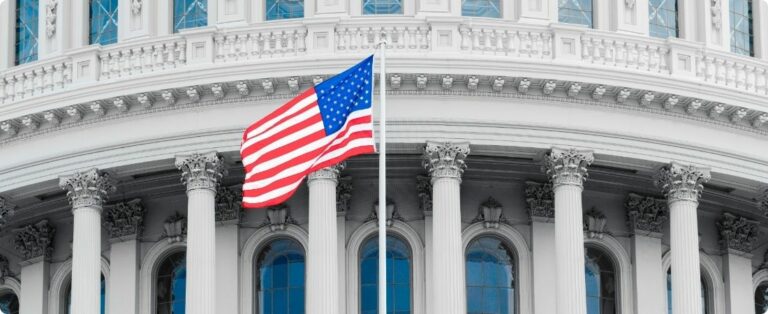
A União Europeia (UE) e o Mercosul devem finalizar nesta sexta-feira (6) um aguardado acordo comercial. Contudo, o tratado enfrenta uma batalha árdua para ser aprovado na Europa, principalmente devido à oposição firme da França.
After more than 20 years of negotiations and five years since the initial agreement, European Commission President Ursula von der Leyen and Mercosur leaders plan to announce the deal at 9:30 a.m. (Brasília time) in Montevideo, Uruguay.
Negotiation context
Ursula von der Leyen arrived in Uruguay on Thursday (5), ahead of the summit of the South American bloc, which includes Brazil, Argentina, Uruguay and Paraguay. The visit comes at a delicate time, following the collapse of the government of French President Emmanuel Macron.
France, the most vocal critic of the deal within the EU, has called it “unacceptable”. Diplomatic sources warn that the European Commission is taking a considerable risk, with approval among EU members far from guaranteed.
Concerns about the agreement
European farmers have been protesting the deal, fearing a surge in imports of South American commodities, especially beef. They say these products do not meet the EU's stringent food safety and environmental sustainability standards.
Countries such as Italy and Poland have also shown resistance. On Thursday (5), the Italian government declared that “there are no conditions to sign the agreement”. Poland, on the other hand, stated last week that it is against the current terms of the treaty.
Additionally, environmental groups such as Friends of the Earth have criticized the agreement as harmful to the climate, calling it a “climate destroyer.”
Support from some EU members
Despite the opposition, countries such as Germany and Spain, however, defend the agreement, arguing that it is crucial for the EU's trade diversification. In addition, the bloc is looking for alternatives after the virtual closure of the Russian market and the challenges associated with economic dependence on China.
On the other hand, advocates see Mercosur as a promising market for European industrial products such as cars, machinery and chemicals. They also highlight South America's potential as a supplier of essential minerals such as lithium, which are essential for Europe's energy transition.
In the agricultural sector, the agreement therefore promises reduced tariffs and greater access for European exports such as cheese, ham and wine.
Path to approval
The deal will require 15 of the EU's 27 member states, representing 651,000 of the bloc's population, to approve it, as well as a simple majority in the European Parliament.
While France is moving to rally support against the deal, South American negotiators remain optimistic that the EU will eventually give the final go-ahead.
Source: Philip Blenkinsop | Notícias Agrícolas















